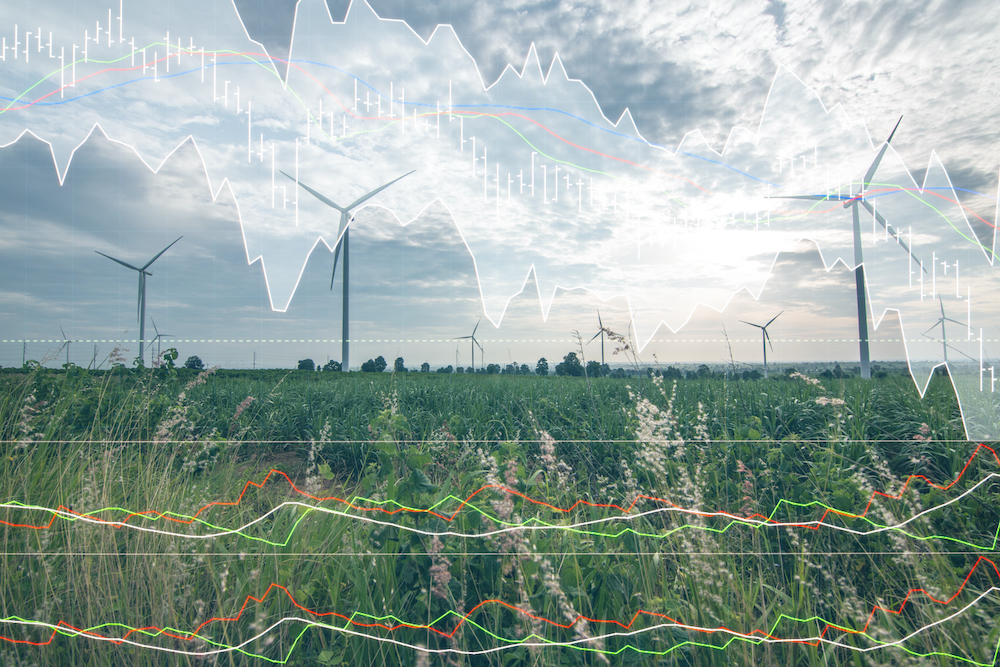ImpactAlpha, Dec. 18 – The COVID-19 pandemic revealed global financial systems as one disruption away from disaster.
If the markets’ legacies of shareholder primacy and short-term thinking are drivers of environmental damage, erosion of workers’ livelihoods, and economic and racial injustice, the crisis also revealed the limitations of current strategies to mitigate such downsides.
Factoring environmental, social and governance, or ESG, issues into business operations and investment decision-making turns out to be necessary, but not sufficient.
Stakeholders, including shareholders, are pushing asset managers to in turn push companies, large and small, to mitigate systemic risks by contributing to solutions to urgent challenges, aka actual impact and tangible outcomes.
What we’re watching for: Growth in the share of companies’ revenues generated by strategies for environmental regeneration and social inclusion and market signals that reward producers of such “positive externalities.”
- Systemic risks and systemic opportunities. Risky: Fossil fuel companies running out the clock on their current business models. Resilient: Agricultural suppliers helping farmers adapt to a changing climate. “Most investors think systemic risks are beyond their control,” The Investment Integration Project’s Bill Burckart and Steve Lydenberg wrote in ImpactAlpha. “We believe they’re wrong.” TIIP, along with Moving the Market, released “Addressing systemic social risk: A roadmap for financial system action,” which calls on investors and market shapers to embrace long-term horizons and begin to treat social risks as material.
- What would Peter Drucker say about ESG investing? Perhaps, “A good start.” The legendary management expert, who died in 2005, considered social responsibility to be a key part of corporate effectiveness, which he defined as “doing the right things well.” ESG accounts for perhaps 20% of the scores in the Drucker Institute’s annual rankings, which also integrate customer satisfaction, employee engagement, innovation and financial strength. “If you just follow ESG, you’re going to miss something important,” the institute’s Zachary First told ImpactAlpha.
- Claims on corporate cash. Nonfinancial corporations are sitting on a record $2.1 trillion pile of cash. What they do with it is of growing interest in the era of stakeholder capitalism. Among the ideas: investment in employee health and safety, greener data centers and fleets, and affordable housing. This year, corporations from Google to Netflix started to trickle their treasuries into Black-owned banks and community lenders as they tried to make good on racial justice pledges.
- Pressure on asset managers. We’re all universal owners now. At least 75% – and possibly as much as 94% – of investment returns are a function of such systemic or systematic risks, Sinclair Capital’s Jon Lukomnicsaid on Agents of Impact Call No. 22. Asset owners are scrutinizing the stewardship strategies asset managers are using to mitigate such risks. Out: Quiet engagement with executives. In:naming and shaming – and voting against directors and ultimately divesting – recalcitrant corporations.








